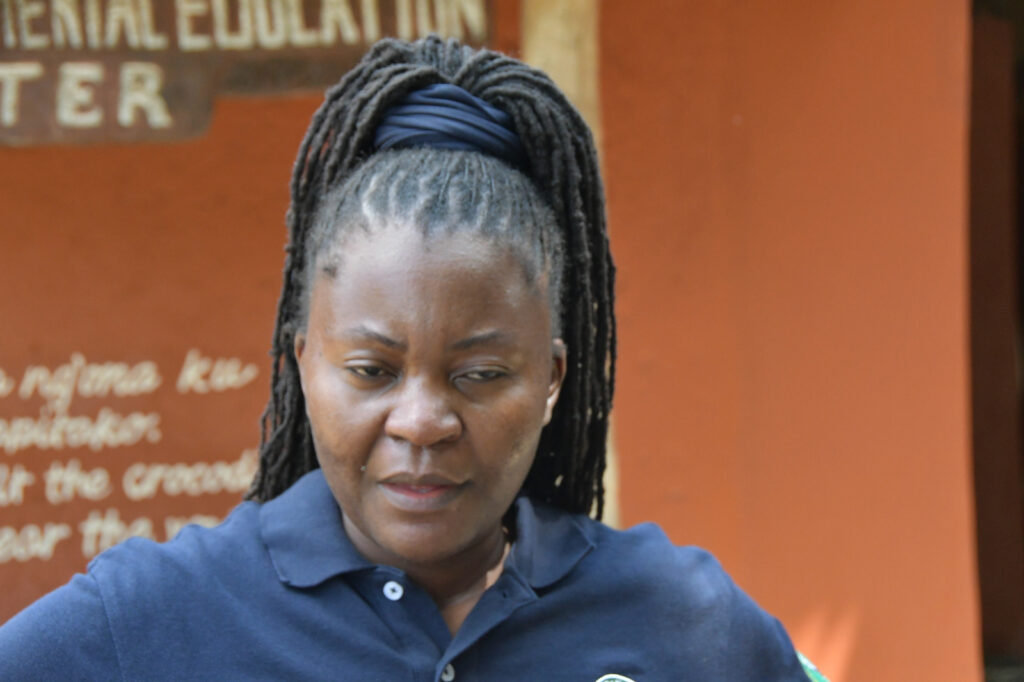
Experts hail Biodiversity financing model for transforming livelihoods
Published on April 6, 2024 at 4:50 PM by Robert Ngwira
By Steven Godfrey Mkweteza
Experts and professionals gathered for the three day 10th regional dialogue on Biodiversity finance initiative (BIOFIN) underway in Blantyre, say they are impressed with the biodiversity financing model being implemented around majete game reserve in chikwawa district, saying, it has helped to improve livelihoods for the surrounding communities.
Speaking in a separate interviews during an education tour around the game reserve on Thursday, the experts said the approach has also managed to restore the wildlife and ecosystems in Malawi.
Program environmental specialist for the United Nations Development Program (UNDP) based in Tanzania, Abbas Kitogo said he was impressed that the approach has narrowed the financial gap on the biodiversity conservation sector.
“I am very impressed indeed with this best practice around the African countries which among others have improved domestic tourism, revenue collection and community participation and ownership. This is rarely happens in our countries,” he said.
While acknowledging the progress in improving the livelihoods, Kitogo have, said there was a need for the communities to contribute more to restore the environment, reduce encroachment and poaching in a bid to regain the lost glory.
Kitogo said the initiative could have also been replicated to other sites to ensure sustainability and that it covers widely.
According to the national coordinator for BIOFIN project in the ministry of natural resources and climate change Hilton Msamali, the model was initiated by government through the public private partnership commission(PPPC) to restore the game reserve to regain it’s lost glory.
“Over the years, the game site was highly plundered due to massive poaching and encroachement which resulted into the closure of the reserve. However, we thought of coming with various interventions to save the reserve and give the communities livelihood initiatives so that they desist from the malpractice,” he said.
Msamali said the environment restoration approach has also designed to depart from relying on national budget as a source of funding to develop other alternatives of generating revenues such as game drives.
” This is now a big seven game reserve that has come up with segmented price tags to allow everyone access the site and promote a culture of ownership,” he said.
On her part, chief environmental officer responsible for biodiversity in the ministry of natural resources and climate change Mphatso Msukwa said unless the communities were provided with the self sustainable livelihood interventions, poaching and encroachment could resurface around the protected area.
“We still need to find other sustainable livelihood approaches to further curb the malpractice as the communities see this areas are easy way of sustaining their livelihoods, she said.
According to her, there was a need to look with a bigger picture for the ecosystems to be financed in the country since the biodiversity financing is not an easy process.
One of the beneficiary of the model, Beston Tembo applauded the project implementing partners for improving their lives through the initiative.
Tembo said he has managed to explore other means of livelihood other than relying on poaching and encroaching the game reserve for his livelihood.
The BIOFIN project is been facilitated in the country by the ministry of natural resources and climate change with financial assistance from UNDP.

